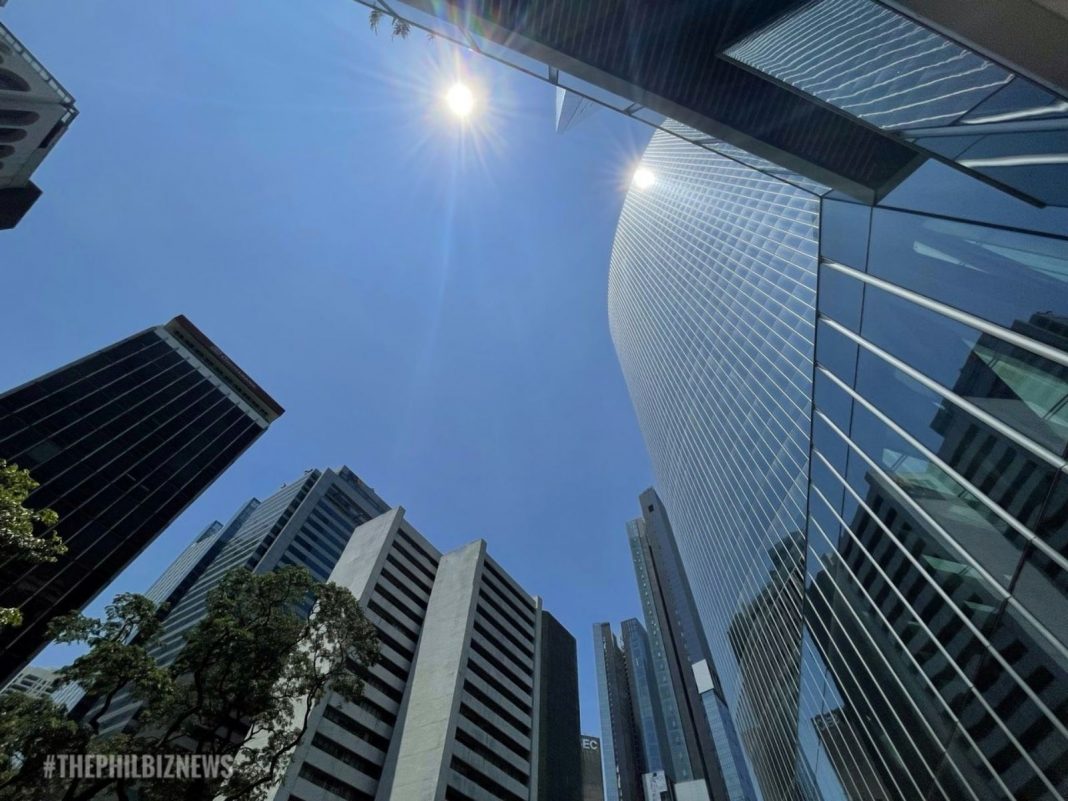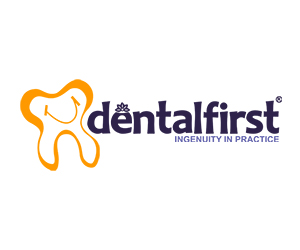Businesses engaged in German-Philippine economic relations remain optimistic about their prospects, as highlighted in the latest AHK World Business Outlook Survey. The Philippines stands out in ASEAN comparisons, particularly in employment growth, where projections surpass regional and worldwide averages. However, significant risks threaten to undermine this optimism. Rising energy costs, inadequate infrastructure, and ongoing supply chain disruptions emerged as the top challenges for businesses in the Philippines.
PH Shows Strong Optimism Compared to Regional and Global Counterparts
The Philippines demonstrated impressive results compared to its ASEAN neighbors and global peers. Employment projections were a standout, with 54% of businesses expecting workforce expansion—the highest sentiment globally. Similarly, 44% of respondents in the Philippines reported plans to increase investments, reflecting confidence in the country’s business environment. Satisfaction with the current business situation was also notable, with 55% of businesses expressing positive sentiment.
However, while these figures reflect consistent optimism, they are tempered by the Philippines’ lagging performance in global competitiveness rankings. Only 48% of businesses reported improved competitiveness over the past five years, trailing regions like the Middle East and North Africa (57%), Africa (52%), North America (52%), and South America (49%).
“The AHK World Business Outlook Survey demonstrates the Philippines’ ability to deliver good results, particularly in employment growth and investment intentions, compared to global counterparts,” said Marie Antoniette Mariano, GPCCI President. ” However, while this optimism is encouraging, we must remain vigilant in addressing the structural challenges that could hinder sustained progress.”
Persisting Risks and Challenges
Despite these positive developments, businesses operating in the Philippines continue to face significant challenges. Rising energy prices, infrastructure issues, and supply chain disruptions are among the most pressing concerns. Compared to other ASEAN countries, the Philippines showed higher sensitivity to these risks, particularly on energy and commodity costs. Globally, infrastructure bottlenecks were cited as a more prominent issue for Philippine businesses than for those in other regions.
“Despite the optimistic outlook, businesses in the Philippines face pressing risks such as high energy costs, infrastructure gaps, and supply chain disruptions,” said Dr. Marian Majer, GPCCI Board Director and Policy and Advocacy Chairperson. “It is crucial to prioritize policies that enhance energy efficiency, modernize infrastructure, and build resilient supply chains to ensure long-term competitiveness and sustainable growth.”
Amid these hurdles, sustainability requirements offer a positive sentiment. Philippine businesses are leveraging sustainability practices as a competitive advantage, with 43% identifying it as a growth driver, slightly higher than the global average of 41%. However, relying on sustainability to offset deeper structural challenges underscores the urgent need for reforms to address long-standing issues.
“Sustainability is a defining factor for the future of business, and the survey underscores its importance as a driver of competitiveness in the Philippines,” said Christopher Zimmer, GPCCI Executive Director. “We invite everyone to the Sustainability Forum on 31 January 2025, where we will discuss actionable solutions and opportunities for green jobs, sustainable infrastructure, and climate action.”














